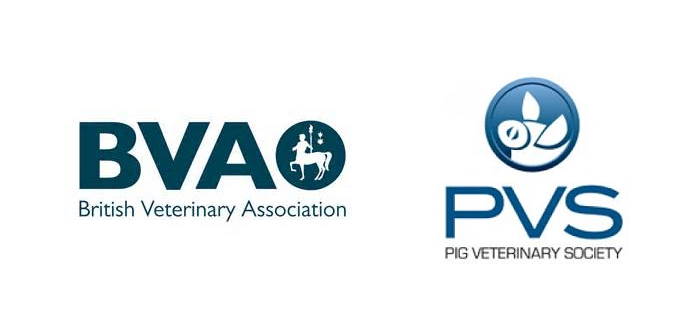The Pig Veterinary Society (PVS) has confirmed it is adopting the European Medicines Agency’s (EMA’s) list of highest-priority Critically Important Antibiotics (CIAs).
The announcement, following a review by the society’s Medicines Sub-committee, means that under PVS guidelines, fluoroquinolones, 3rd and 4th generation cephalosporins and colistin will retain Class 3 status. This means they are only used when no other options are available and when supported by laboratory sensitivity testing – or exceptionally when all other options have failed.
Class 1 antibiotics form the standard prescribing list within responsible use guidelines and Class 2 are used only when sensitivity tests or clinical experience proves standard antibiotics are not effective. In all treatment decisions, the health and welfare of the pigs must always take priority, PVS said.
Betalactams with betalactamase inhibitors (clavulanic acid) were previously in the highest priority Class 3 category. However, in light of the list defined by the EMA, which has been adopted by the Veterinary Medicines Directorate and the RUMA alliance, the PVS has reassessed the risk and moved them to Class 2 to align them with plain betalactams. This means they are still subject to voluntary restrictions, but their use would not necessarily be only as a last resort.
PVS president Mark White said, despite the ongoing review process and the potential to reclassify certain products, the Society’s underlying principles remain unchanged.
“The total amount of all antibiotics used on pig farms to treat and prevent disease should be minimised, and the types of antibiotics used in pigs should be considered in light of the implications for antibiotic resistance challenges in both pigs and man,” he said.
“We must also continue to be alert to the possibility of cross resistance, even in older antibiotics that have little or no use in humans. Risk must be acknowledged where it exists and overall reductions are still imperative.”
RUMA has welcomed the society’s announcement. Its secretary General John FitzGerald said: “Farmers and vets need boundaries within which to operate and clear objectives to meet, and we would urge all supply chains, from farmer to retailer, to align with the sector position on best practice use of antibiotics, as defined by each sector’s professional veterinary organisation.”




